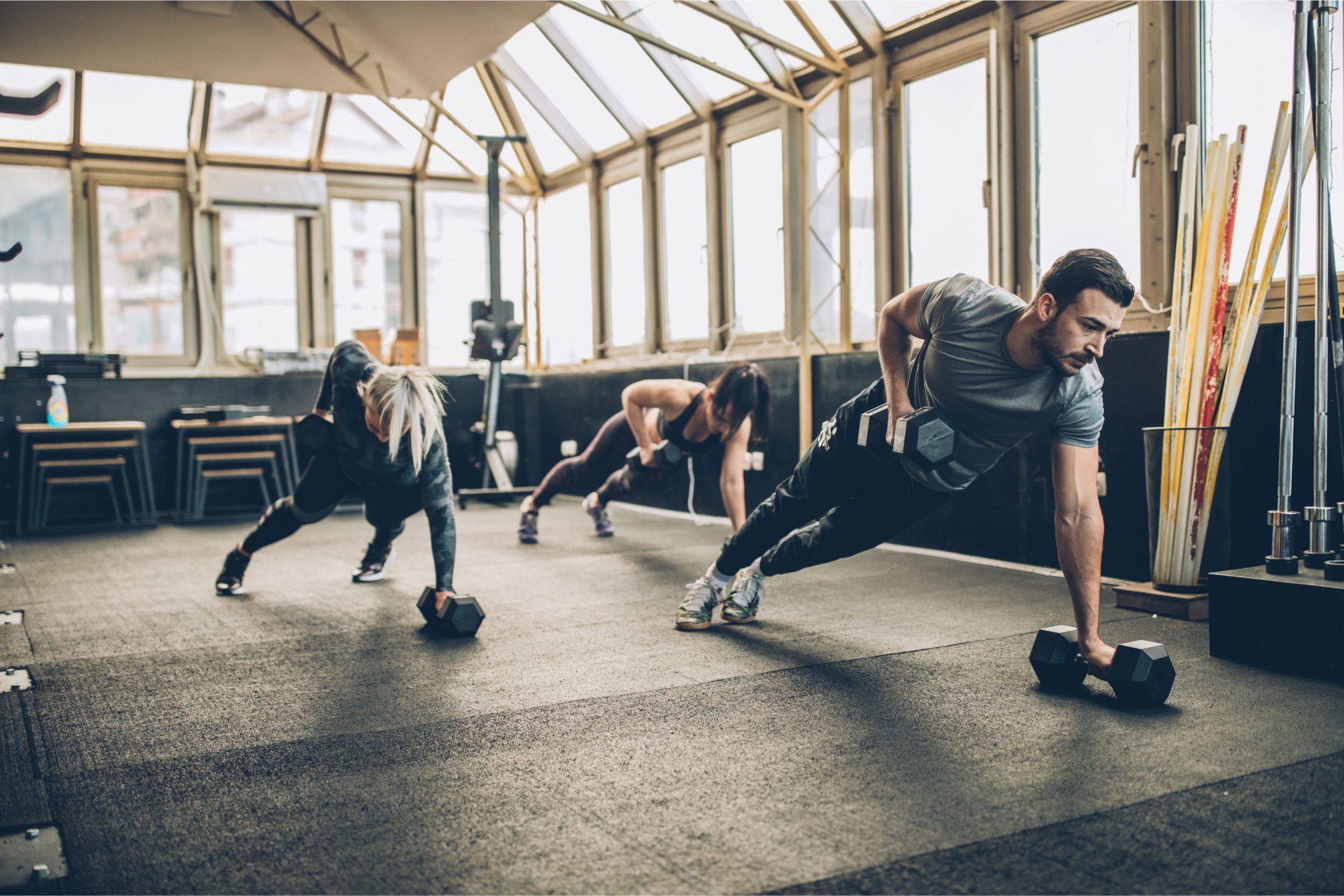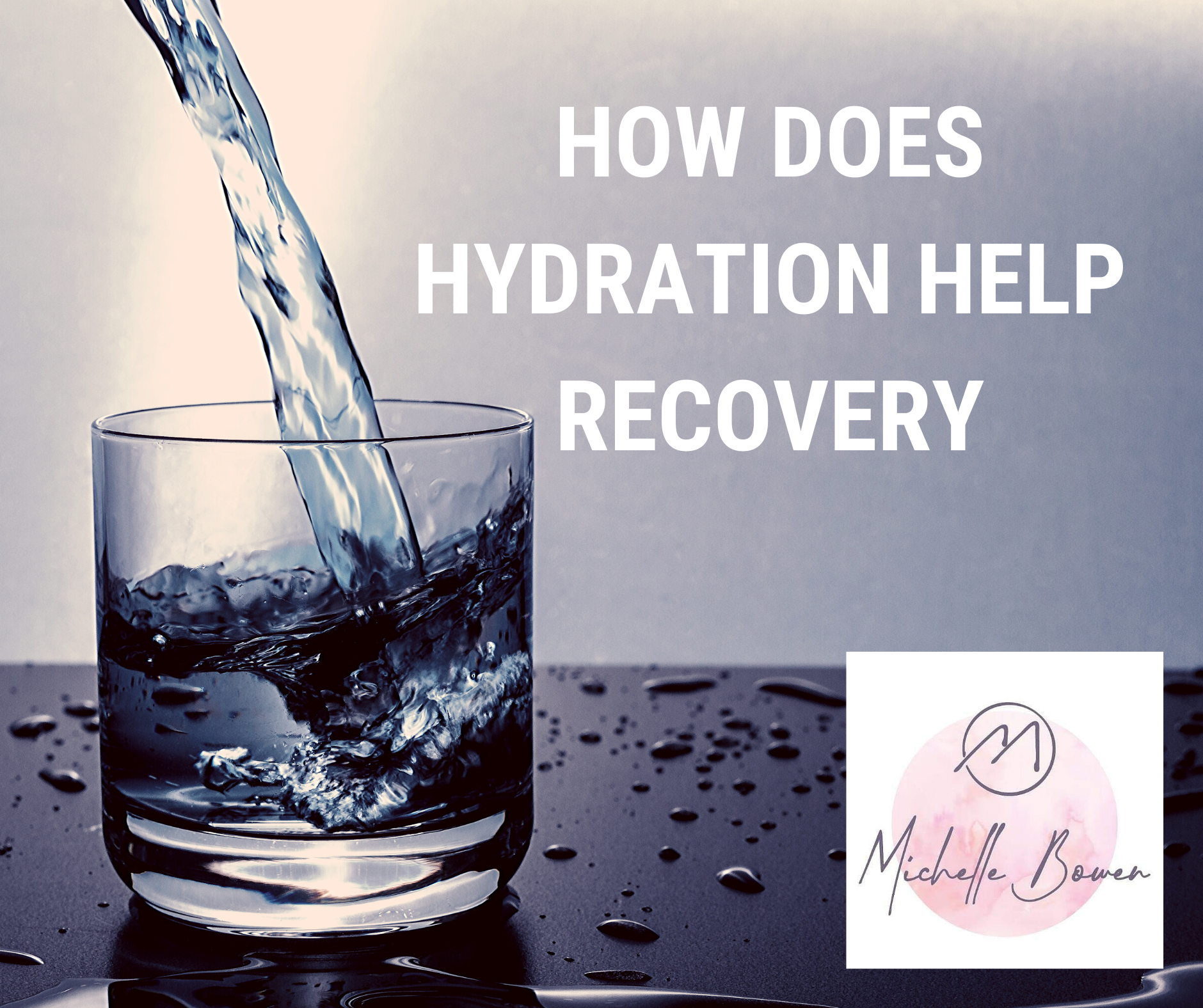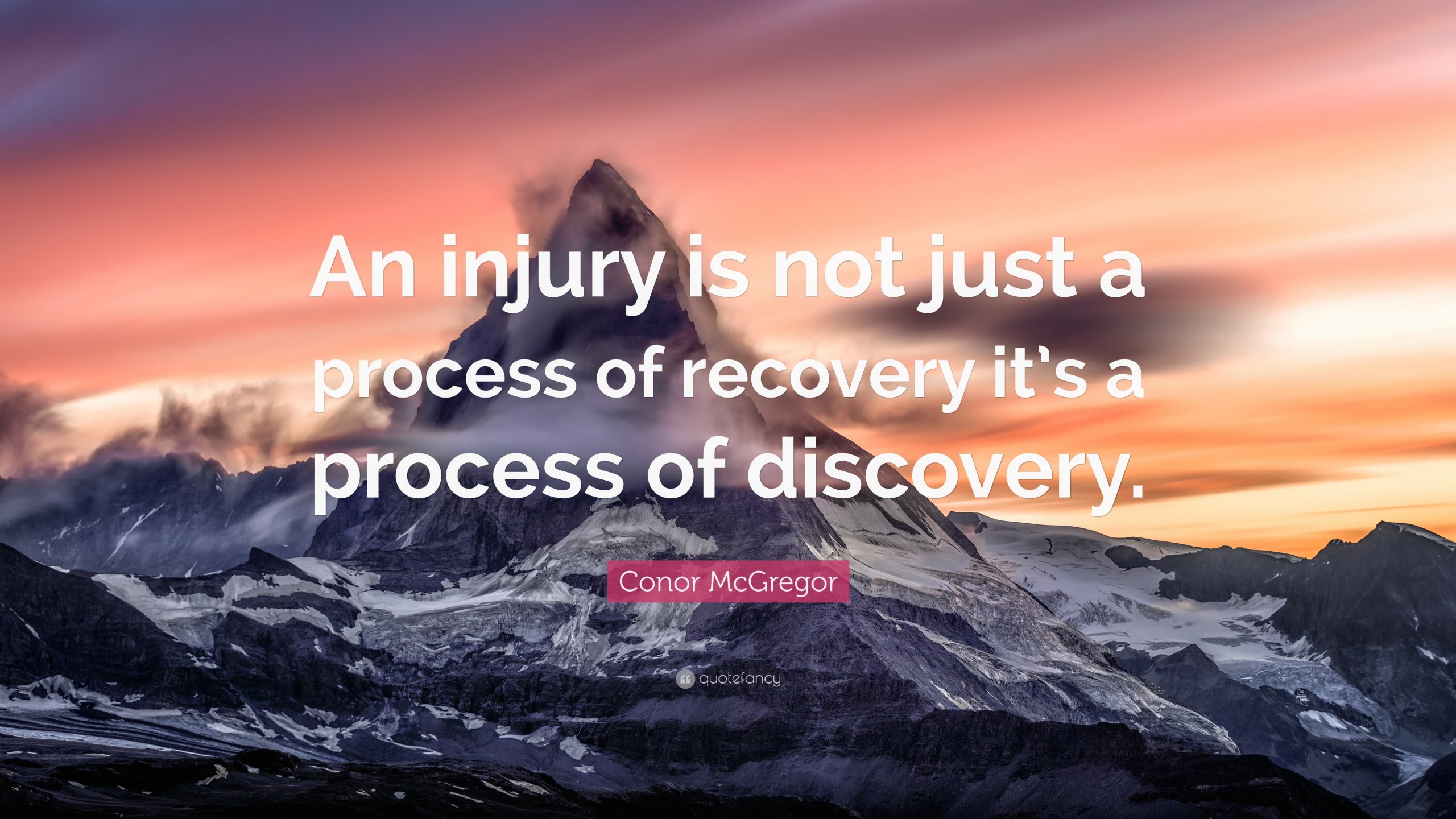Strength Training For Running Performance
STRENGTH TRAINING for running performance is a crucial aspect that often gets overlooked by many runners. While cardiovascular endurance is important for long-distance running, strength training plays a vital role in improving overall running performance.
One of the primary benefits of strength training for runners is injury prevention. By incorporating exercises that target the muscles used in running, such as the quadriceps , hamstrings, glutes, and calves, strength training can help to strengthen these muscles and reduce the risk of common running injuries, such as shin splints, IT band syndrome, and Achilles tendonitis.
Another benefit of strength training for runners is improved running economy. Running economy refers to the energy cost of running at a given pace and is a key factor in determining running performance. Stronger muscles can produce more force with each stride, allowing runners to maintain a more efficient running form and use less energy to cover the same distance. By incorporating exercises like squats, lunges, and deadlifts into their training routine, runners can increase their muscle strength and power, which in turn improves running economy.
Furthermore, strength training can enhance running speed and power. Stronger muscles allow runners to generate more power and explosiveness during each stride, leading to faster running speeds. Exercises such as plyometrics, sprints, and hill training can specifically target the development of speed and power in the muscles used for running.
In addition to these performance benefits, strength training can also contribute to overall body symmetry and balance. Running can often lead to muscle imbalances, with certain muscles becoming overdeveloped while others are underutilized. This can lead to poor running form and increased risk of injury.
For guidance with your run specific strength training programme, it is recommended to work with a certified strength and conditioning specialist or a running coach who can tailor a programme to your individual needs and goals. They can help you identify any specific weaknesses or muscle imbalances that may be affecting your running performance and design exercises to address those areas.
TO GET IN TOUCH EMAIL hello@michellebowen.co.uk




